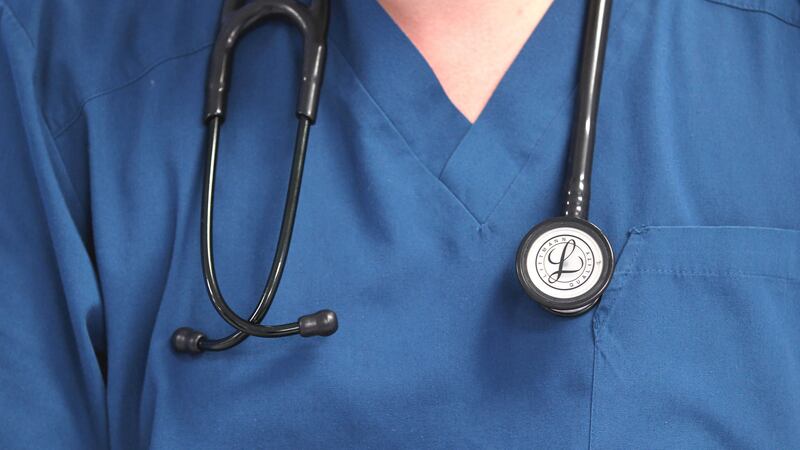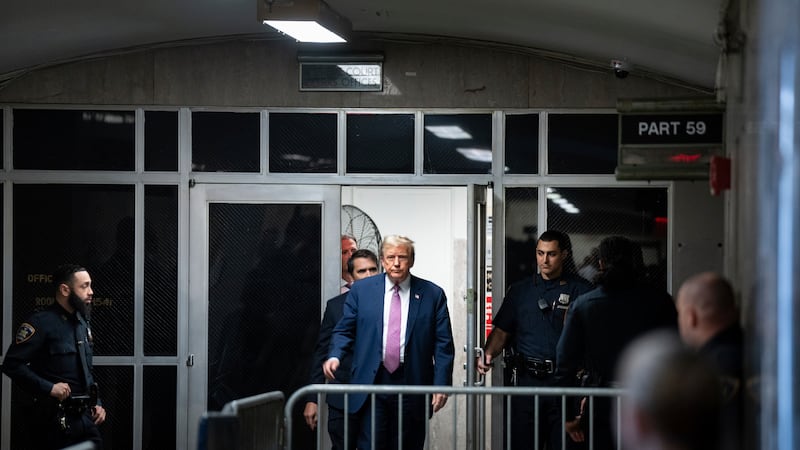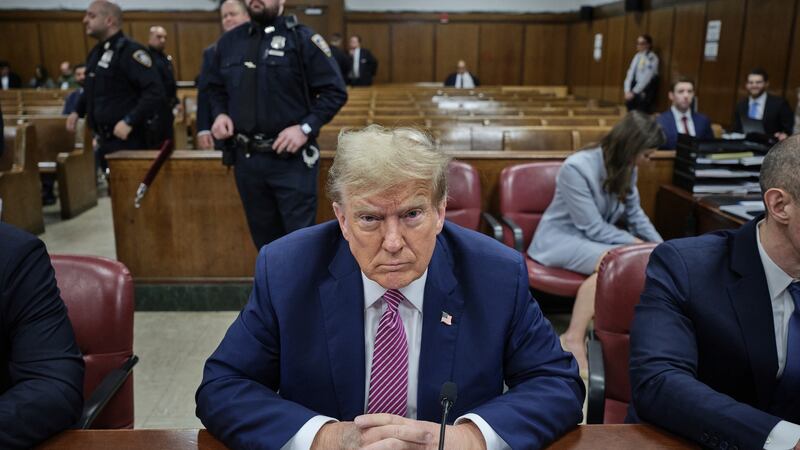EMERGENCY departments are suffering because GPs who volunteer to work out-of-hours have seen their insurance premiums double - with one family doctor quoted £33,000 to insure herself to work at night.
A subsequent shortage of doctors willing to work out of hours is leading to patients turning to accident and emergency departments for help.
One leading Northern Ireland medic has warned the hike in 'indemnity' protection – a GP must insure themselves while a hospital doctor is insured by the NHS – is acting as a "real disincentive" for those who receive emergency calls to attend patients at night.
The increase in insurance costs for out-of-hours work is being driven by the high risk nature of the work and a greater number of claims for damages.
Reduced access to medical records, sicker patients and heavy workloads are among the key risks faced by GPs working after 6pm - and in particular those on the 'red-eye' midnight to 8am shift.
While advertising by medical negligence solicitors and "higher patient expectations" of GPs has led to an increase in patient payouts, according to one indemnity expert.
Dr Frances O’Hagan, an Armagh based-GP and experienced out-of-hours doctor, described last Sunday's caseload in the Southern area as "horrendous".
"Indemnity has become a really big issue," she said.
"You pay at the beginning of the year to insure yourself for out-of-hours work and I am rostered for two a month.
"The problem is once you go over your allocated amount you could pay thousands of pounds extra - so if you’re called to deal with an emergency like last weekend and you’re not insured you can’t go out.
"It’s a catch 22 and a real disincentive to do emergency sessions. The knock-on effect is on A&E."



